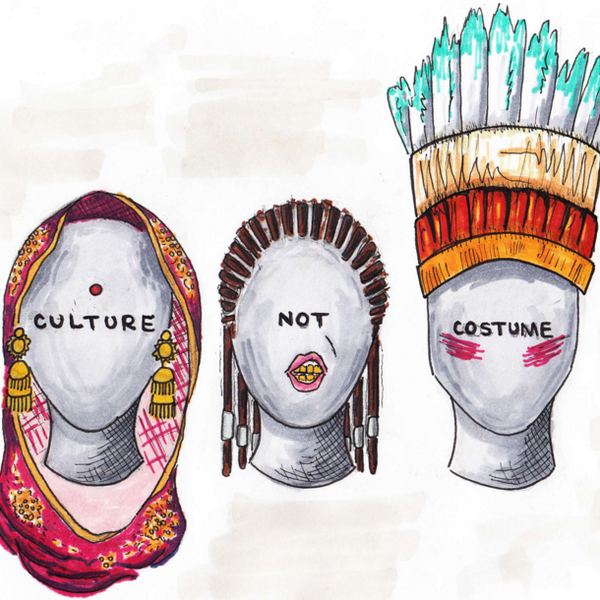In recent years, Americans have spent some $2.5 billion on Halloween candy alone. By 2019, chocolate will be a $25 billion US market. These sweet treats however leave a very bitter taste, for beyond the fake ghosts and scary zombies of Halloween lies pure evil: labor exploitation and modern-day slavery.
Almost 75 percent of the world’s cocoa bean supply used to produce chocolate is grown on West African farms. 200,000 children in the Ivory Coast alone – the world’s largest cocoa producer – are effectively modern-day slaves, exploited for their labor on cocoa plantations under dangerous working conditions, working with abrasive chemical substances and without protective equipment. The US Department of Labor estimates that 40% of these children do not go to school and more than half of them suffer from work-related injuries. For the child laborers who are compensated, “earnings” can be as little as 25 to 50 cents a day.
A recent documentary which was a part of “Markencheck,” a German series that investigates the quality, environmental and labor policies of known companies, revealed that exploitative labor practices were tracked in Haribo’s supply chain. Haribo - known for its gummy bears – makes their candies with carnauba wax, which provides both shine and prevents the snacks from sticking together. Derived from palm tree leaves, the carnauba wax used by the company was found to be sourced from Brazilian plantations in which workers worked for only $12 a day, were required to sleep outside or in trucks, and were not provided water or restrooms. The documentary noted that Haribo’s supplier Gelita was also in clear violation of German animal protection laws in its gelatin derivation processes. Since these reports, Haribo has released a statement outlining plans to aggressively investigate these claims: “Currently we are investigating together with our first-level-suppliers the precise nature of the conditions in the plantations and farms that supply them. Should it transpire that urgent improvements are needed in this area, we will insist on their implementation and will not rest until these improvements have been implemented.”
Modern-day slavery does not start or end in the candy and chocolate industry. The same slave-sourced carnauba wax used in Haribo gummy bears can be found in other items, like car oil, floss and shoe polish. A 2016 investigation found that mica mined by child laborers were used by car manufacturers for a glossy finish, while workers are exploited in mines in the Congo to extract cobalt for smartphone batteries and in Indian mines to extract mica for makeup products.
These human rights violations persist in spite of global standards aimed to eradicate child labor and industry giants’ pledges to incrementally improve business practices. In light of this, consumer choice is strengthened as a means to contribute to the end of such unjust labor practice. Greater weight is added to our decision to consume with a conscience, and purchasing fair trade goods in support of companies which put proper policy into practice can further this end. This Halloween, we can each contribute by purchasing and distributing ethically-sourced candy to Trick-or-Treaters.
Beyond the decorations and costumes, Halloween reminds of a harrowing reality: the true evil of modern-day slavery.



















